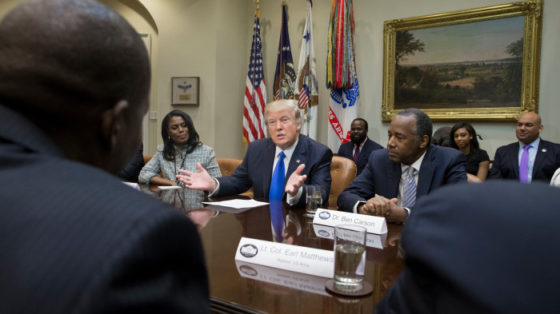
President Donald Trump’s event marking the start of Black History Month this week was less a commemoration of the African-American journey than an announcement of his administration’s new black power structure and the priorities they intend to pursue.
Gone were the first black president, his outspoken black attorneys general and the black Democratic establishment. Also absent were traditional paeans to the struggle. Instead, Trump rewarded the black supporters who soldiered for his scorched-earth march to the White House.
PRESIDENTIAL INAUGURATION
Nineteen African-Americans, a mix of veterans and unknowns, were featured Wednesday at the president’s “African-American History Month Listening Session” at the White House. Ten were members of his nascent administration, ranging from Ben Carson, the nominee for Housing Secretary, to Leah LeVell, who is working for Trump’s communications team while finishing her bachelor’s degree at the University of Maryland. Nine were outside supporters such as Cleveland pastor Darrell Scott; Paris Dennard, a media commentator and former George W. Bush staffer; and Armstrong Williams, a Carson confidante and longtime GOP operative.
Trump prizes loyalty. The group he assembled in the Roosevelt Room, which was not limited to longtime Republicans, earned its place through unwavering, against-all-odds belief in a man who has stoked divisive racial passions.
“Hello, everybody. These are a lot of my friends,” Trump said to begin his remarks.
“This is a great group. This is a group that’s been so special to me. You really helped me a lot.”
“He just wanted to say thank you,” Dennard told The Undefeated. “He was saying that he understood the price people pay for supporting him, especially if you happen to be African-American. Death threats, attacks on my character, horrible things people say on social media. He understands that.”
It was a striking departure from previous presidential Black History Month commemorations, and continued his idiosyncratic effort to connect with black Americans.
On Feb. 1, 2001, fresh off an extraordinarily close election decided by the Supreme Court, Republican President George W. Bush issued a proclamation that honored the struggle for black equality and the civil rights movement. Bush spoke of “stories of the triumph of the human spirit, tragic stories of cruelty rooted in ignorance and bigotry, yet stories of everyday people rising above their circumstances and the prejudice of others to build lives of dignity.”
Bush mentioned the 54th Massachusetts Volunteer Infantry Regiment, sailors of the USS Mason, and the March on Washington for Jobs and Freedom. He lauded writers Paul Laurence Dunbar, James Weldon Johnson, Zora Neale Hurston, and Langston Hughes; historical giants Booker T. Washington, Sojourner Truth and Frederick Douglass; and civil rights pioneers Thurgood Marshall, Roy Wilkins, Whitney Young and Mary Church Terrell.
In 1986, President Ronald Reagan’s proclamation said, “The foremost purpose of Black History Month is to make all Americans aware of this struggle for freedom and equal opportunity.”
Trump didn’t release a proclamation Wednesday.
Instead, speaking to the press at his listening session, Trump honored blacks’ “unimaginable sacrifice, hard work and faith in America.” He named four black historical figures: “Rev. Martin Luther King Jr., whose incredible example is unique in American history … Frederick Douglass is an example of somebody who’s done an amazing job and is being recognized more and more, I notice — Harriet Tubman, Rosa Parks, and millions more black Americans who made America what it is today. Big impact.”
Trump named five living African-Americans: Carson, his only black Cabinet nominee; Lynne Patton, a former Eric Trump Foundation vice president, who will work for Carson at the Department of Housing and Urban Development; Rev. Darrell Scott, one of his most prominent black campaign surrogates; and Omarosa Manigault, former star of Trump’s reality TV show The Apprentice and now his communications director at the White House Office of Public Liaison, which deals with interest groups.
Trump also slammed the media over erroneous reports that Trump had removed a bust of King from the Oval Office, and repeated his intention to create jobs, address high crime in poor black neighborhoods, and fix substandard schools.
“It was him saying, thank you for fighting for me, for standing up for me, for being in the trenches with me,” said Dennard, whom Trump repeatedly praised Wednesday for his steadfast support on CNN. “This first Black History Month, I salute the people who have gone before, but I also salute you. I want to listen to you, because you have been listening to me and helping me.”
Other guests included Bill Cleveland, a retired Capitol police officer and current substitute teacher; U.S. Army Reserve Lt. Col. Earl Matthews, who works in the Defense Department; Gerard Robinson, an American Enterprise Institute fellow who studies school choice; Ashley Bell, who is moving to the State Department from the Republican National Committee; Ja’Ron Smith, an urban policy adviser who worked for Sen. Tim Scott and Vice President Mike Pence when Pence was in Congress; Scott’s wife and co-pastor, Belinda Scott; and Manigault’s executive assistant Monica Alexander.
Some commentators interpreted the gathering as demonstrating Trump’s lack of meaningful engagement with much of black America. The president’s language showed some inexperience with black history or audiences, such as his unusual reference to “Reverend King” and glossing over Douglass’ achievements as if the world-famous abolitionist and counsel to presidents had been a productive middle-management employee.
Perhaps his apparent disregard for phrasing and historical gravity was part of his rejection of established political traditions. Regardless, it certainly was another step in Trump’s attempt to reach out to black America, which began when he visited poor black city neighborhoods during his campaign, vowing to reduce crime and create jobs.
That effort has been hindered by his continuing to attack the black men wrongfully convicted in the Central Park rape case; spreadingthe lie that President Barack Obama was not a citizen and therefore could not be president; tweeting false and racist crime statistics during his campaign; and embracing top adviser Stephen Bannon, whose Breitbart website caters to racists.
None of which fazed Trump as he launched Black History Month with some of his best black friends.
The affair hewed to Trump’s under-construction image as a president of action. After the session was closed to reporters, Trump spent time listening to his confidants discuss strategies on crime and jobs, participants told The Undefeated.
Trump asked for suggestions about how to address high crime in Chicago, “because sending in the feds is the last thing I want to do,” Williams recalled. Dennard, who is director of strategic communications for the Thurgood Marshall College Fund, which supports historically black colleges and universities (HBCUs), said Trump expressed strong support for the value and mission of black colleges and universities.
Trump released his African American History Month proclamationThursday, lauding blacks’ “resilience,” “innovative spirit,” “toil” and “struggle.” He mentioned three names: Katherine Johnson, the physicist featured in the new hit film Hidden Figures; hair-care entrepreneur Madam C.J. Walker; and public school pioneer Robert Smalls.
The proclamation did not say “freedom” or “equality,” as Reagan did, but did call for all children have access to “quality educational opportunities.”
It may have been a reference to his controversial plan to let students use public money to attend private schools – and another indication that Trump and black America are entering uncharted waters.
This article was first published at:
https://theundefeated.com/features/at-trumps-first-black-history-month-celebration-the-present-overshadowed-the-past/

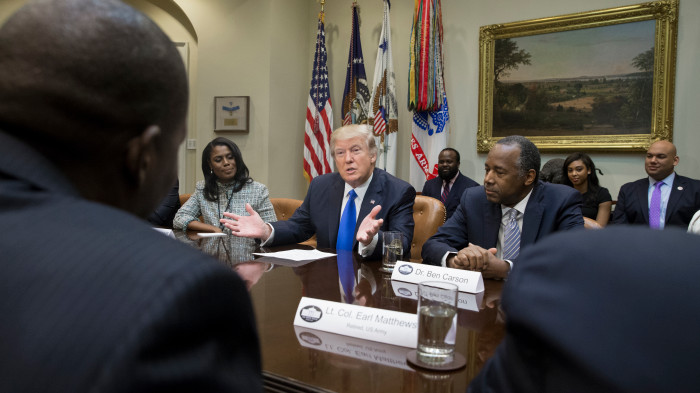



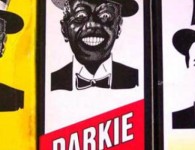
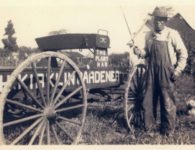
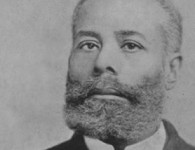
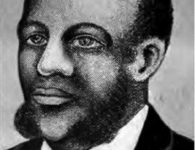
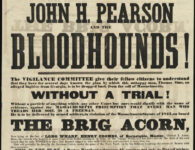
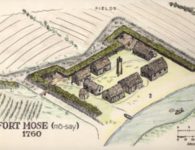
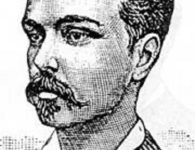


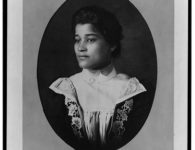
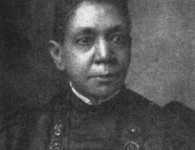

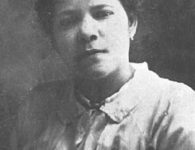
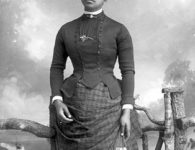
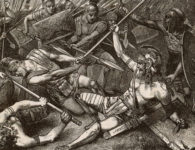

No comments